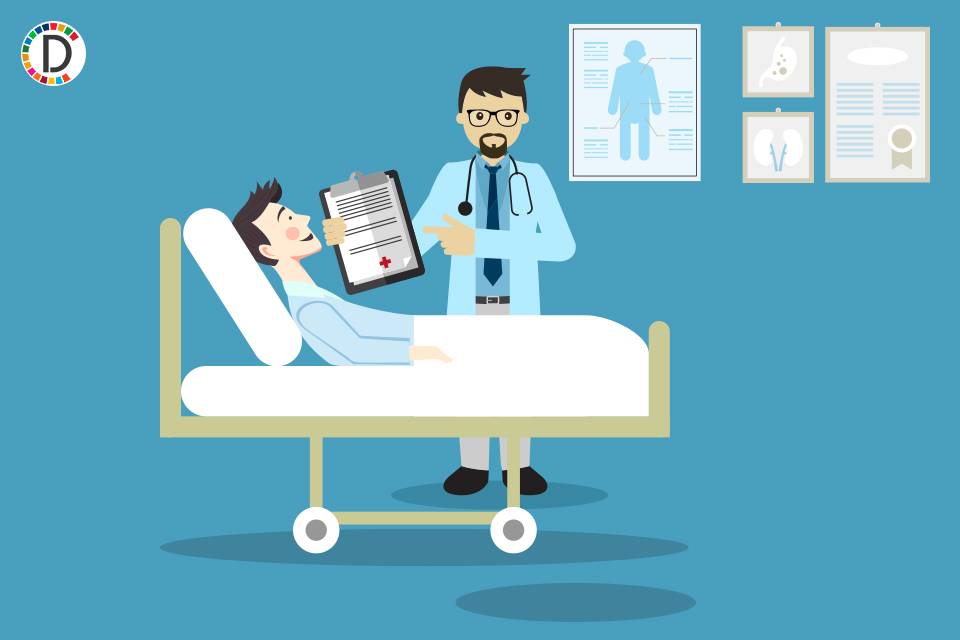Global Guidelines on Alcohol Consumption and Cancer Risks
Countries worldwide implement guidelines on alcohol consumption, focusing on cancer risks. The U.K., France, Germany, Ireland, Lithuania, Norway, and Spain have varying recommendations, generally advising reduced intake. The U.S. requires warning labels. Authorities emphasize no safe consumption level, citing increased cancer risks even at minimal intake.

The U.S. Surgeon General recently called for alcoholic beverages to prominently display cancer risk warnings. This initiative is part of a global trend wherein various countries are updating and enforcing guidelines to reduce alcohol consumption due to its association with cancer.
In the United Kingdom, the National Health Service recommends a weekly cap at 14 units of alcohol, stressing that there's no harmless level of consumption but adherence to the guidelines reduces cancer risk. Similarly, France urges adults to limit drinking to two standard drinks per day, with Sante Publique France highlighting alcohol's status as a carcinogen linked to seven types of cancer, including liver and breast cancer.
Germany advises women to consume no more than 12 grams of alcohol per day and men 24 grams, while advocating for at least two alcohol-free days per week. Ireland is pioneering mandatory health labeling on alcohol products starting next year. Such measures reflect a shared acknowledgment among nations of alcohol's health hazards, with Norway and Spain reinforcing this notion by advising minimal alcohol intake.
(With inputs from agencies.)
- READ MORE ON:
- alcohol
- cancer
- consumption
- guidelines
- health
- risks
- label
- moderation
- worldwide
- policy
ALSO READ
Breaking Health News: Landmark Case, Drug Developments, and Legal Battles
BJP MPs' Health Concerns: Doctor's Update and Political Controversy
GST Council decides to postpone decision on cutting taxes on health, life insurance policies: Officials.
Revolutionizing Healthcare Management: IKS Health and WWMG Join Forces
Audit Reveals Healthcare Staffing Shortfalls and Infrastructure Strain in Maharashtra










